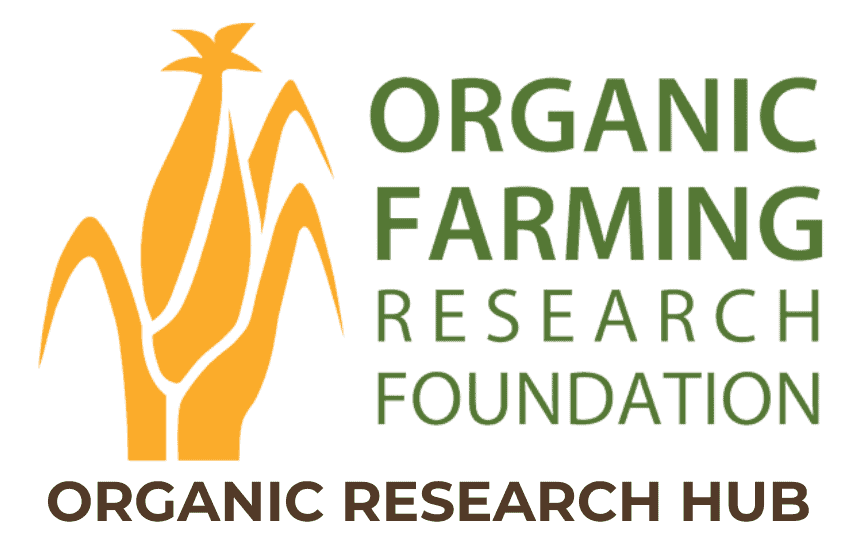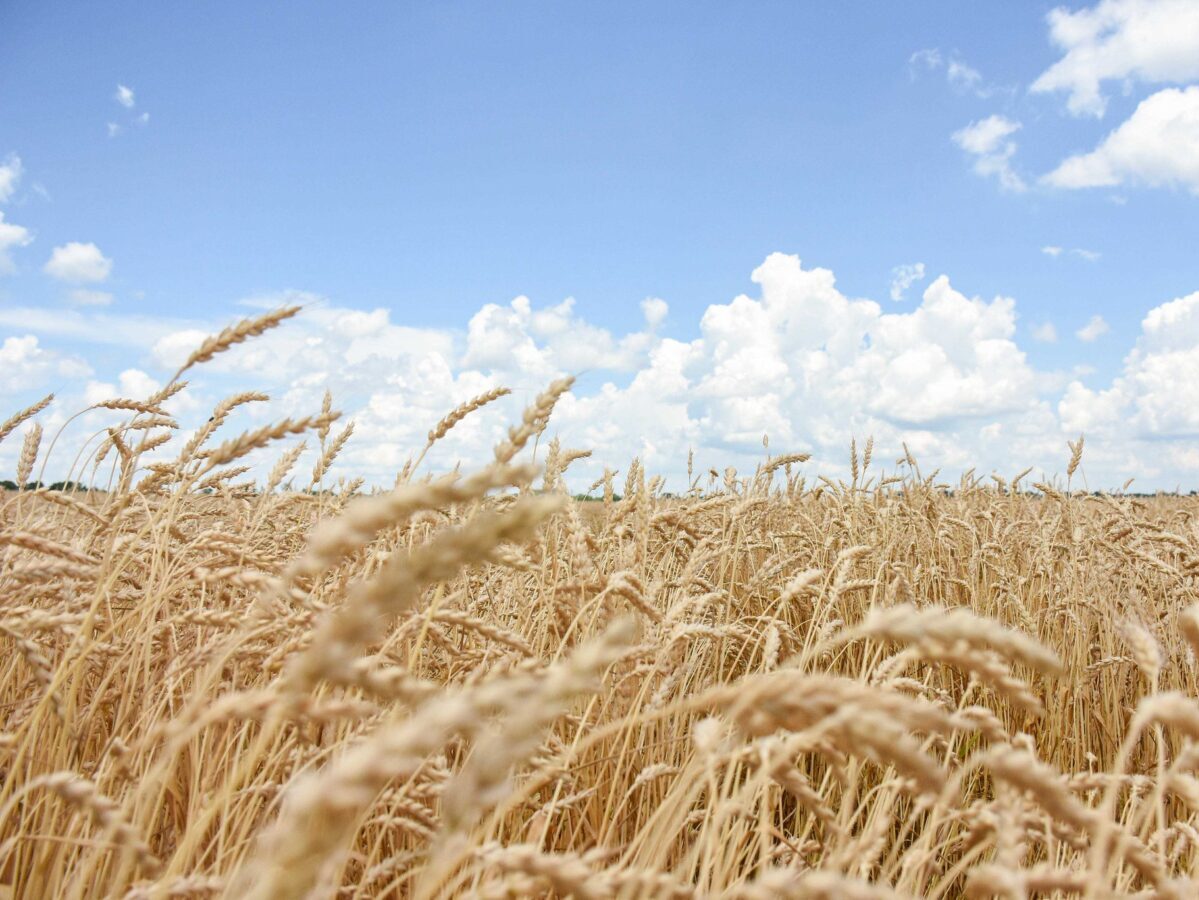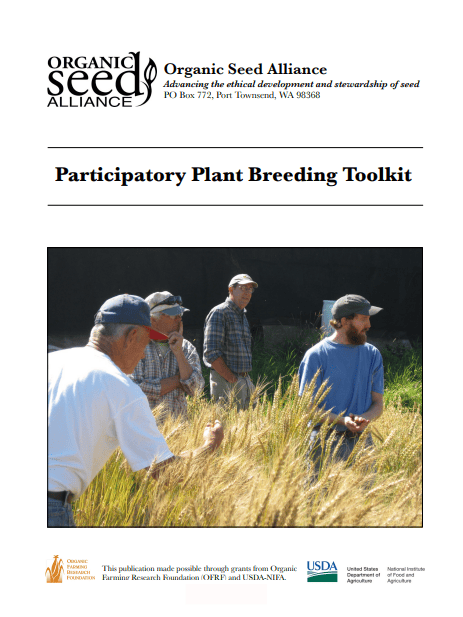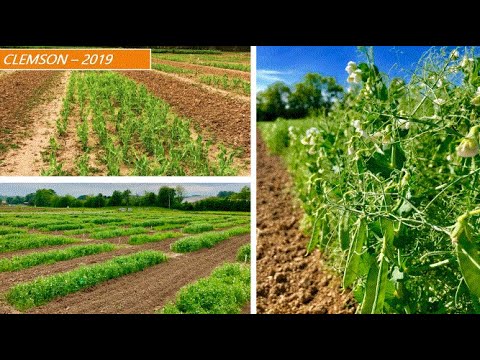Establishing Breeding Populations for Organic Broccoli, Sweet Corn, and Red Kale Varieties
Micaela Colley, Organic Seed Alliance
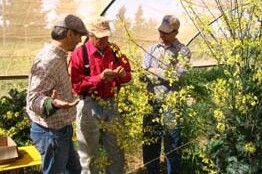
Organic farmer interest in on-farm plant breeding has been on the rise due to a lack of available germplasm adapted to organic systems, a growing awareness of the value of regionally adapted varieties, and consolidations in the seed industry that have led to a decline in varietal offerings. Organic participatory plant breeding (PPB) is a decentralized model in which organic farmer-breeders work in collaboration with university, nonprofit and private industry plant breeders to improve plant genetics for organic systems. This approach can supply organic producers and processors with the crops and desired traits that they need.
Region
Northwest
Topic
Plant Breeding, Varieties, and Seeds
Category
Vegetables/Fruits
Date Range
2001-2010
Funding Amount
$11,834
Funding Year
2007Location
Port Townsend, Washington
Collaborators
John Navazio, Organic Seed Alliance
